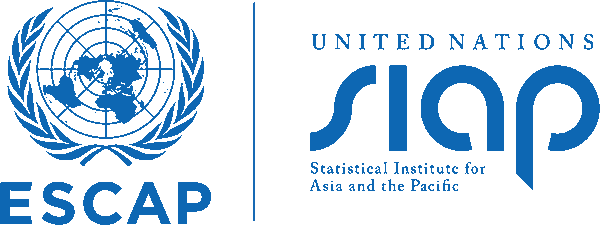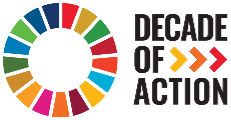
In today’s rapidly evolving world, driven by technological advancements, climate change, and pandemics, the demand for timely, granular, and high-quality data is surging. National statistical systems must adapt, becoming more agile and responsive to emerging demands. This seminar will delve into how statistical systems can become more agile. The main topics covered in the ninth session of the Committee on Statistics are shown below. Three thematic areas have been identified that would benefit from further discussion at the level of chief statistician, shown in the circles.
